The Belgian authorities have identified four suspects in the terrorist attacks that killed more than killed 31 and injured hundreds more in Brussels in March.
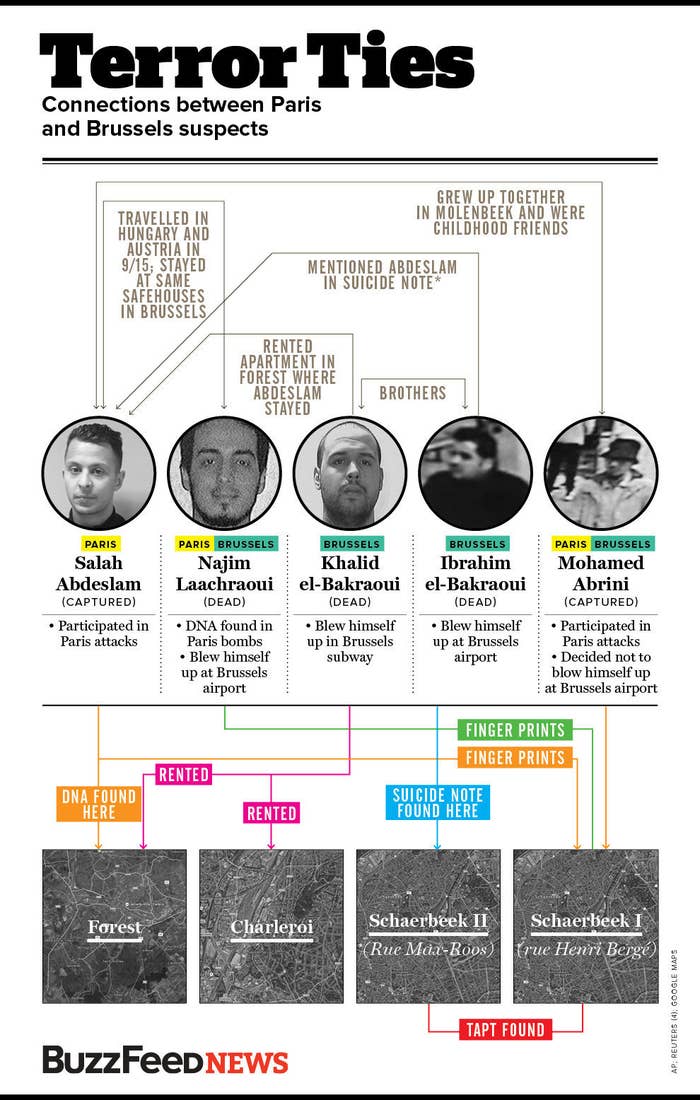
Prosecutors identified two of the attackers as a pair of Belgian brothers: Khalid and Ibrahim el-Bakraoui. Their interest in terrorism had come to the attention of authorities months before the attacks. ISIS has said they played key roles in planning the strikes.
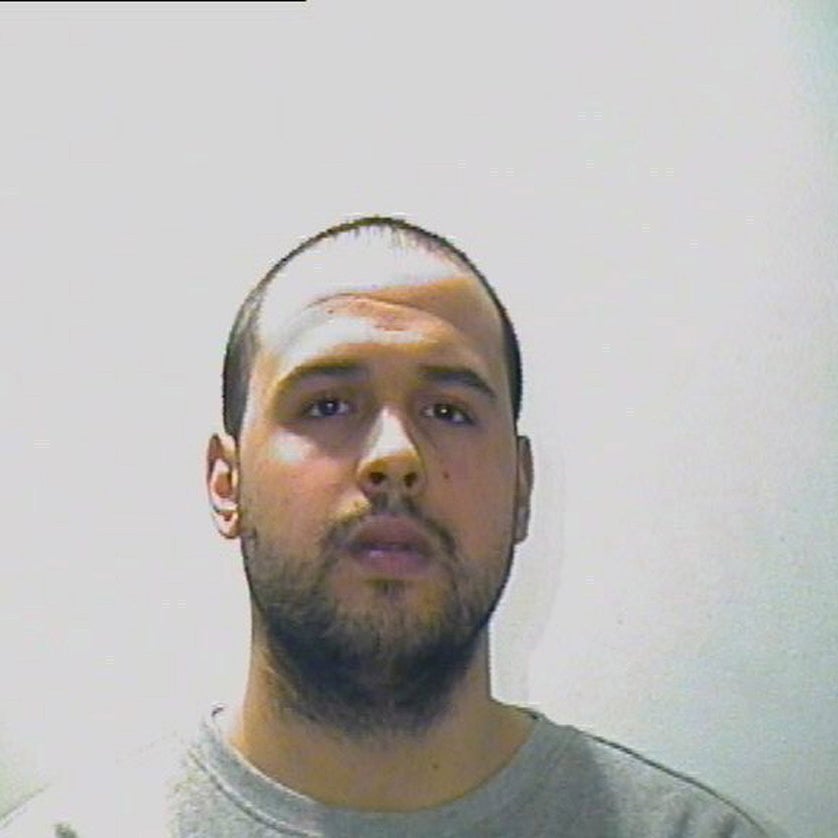
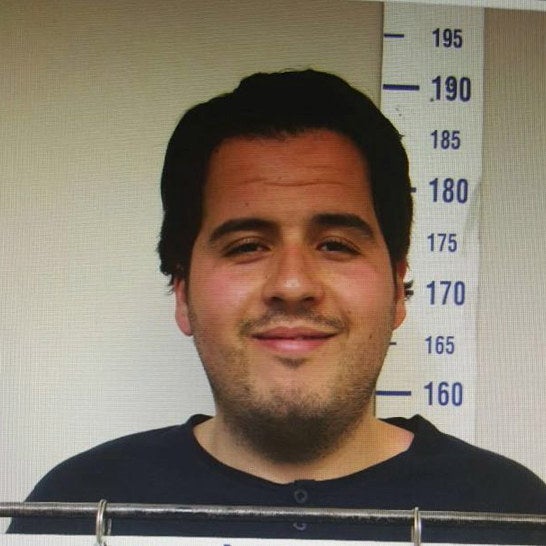
Khalid detonated a suicide vest at the Maalbeek subway station. Ibrahim blew himself up at the airport.
The sons of a devout Moroccan butcher, the brothers grew up in a poor suburb of Brussels, the New York Times reported. Both had extensive criminal records: Ibrahim was convicted of shooting a police officer during a robbery; Khalid was found guilty of attempted carjacking.
The April issue of Dabiq, ISIS's English-language propaganda outlet, states that the brothers became radicalized in prison and then played key roles in planning the attacks in both France and Belgium.
"All preparations for the raids in Paris and Brussels started with [Khalid] and his older brother Ibrāhīm," the article states. "These two brothers gathered the weapons and the explosives."
Clues as to the brothers' intentions trickled into Belgium as early as last year. Turkish authorities said in March that Ibrahim, who had travelled to Syria to receive training, was detained last summer in a city near the border with Syria. He was later deported to the Netherlands at his own request under laws that allow citizens of the European Union to decide which country they should be deported to.
A senior Turkish official who spoke on condition of anonymity told BuzzFeed News that his government had warned Belgian authorities of Ibrahim's connections to terrorism as early as July 2015. The Belgian government has since acknowledged missteps in sharing information regarding the attackers.
For his part, Khalid was the subject of an international arrest warrant issued on Dec. 11 by the judge in charge of investigating the Paris attacks, Politico reported.
Prosecutors now believe that Khalid rented some of the apartments that the cell used as safehouses. When police raided the flat in the Forest section of Brussels on March 15, they found fingerprints belonging to Abdeslam, the sole survivor of the ISIS cell that attacked Paris last November.
Abdeslam was arrested in Brussels just four days before the attacks, leading many to speculate that the strike may have been conceived as a form of retaliation. Belgian officials, however, cautioned that it would have been difficult for the terrorists to put together such a sophisticated attack on such short notice.
Still, investigators rummaging through the trash near another safehouse rented in Schaerbeek — not far from the apartment — found a laptop that contained what appeared to be a kind of suicide note penned by Ibrahim. In the note, the suspect said he was "in a hurry" and that he didn't "know what to do" because he "no longer felt safe" as the authorities were "looking for him everywhere," Le Monde reported.
In the note, Ibrahim also said he didn't want to "end up in a cell" with him. Unnamed law enforcement sources told Le Monde that investigators believe the "him" in the note refers to Abdeslam.
A third attacker was identified as Najim Laachraoui. He is believed to have helped build the bombs that were used in Paris.
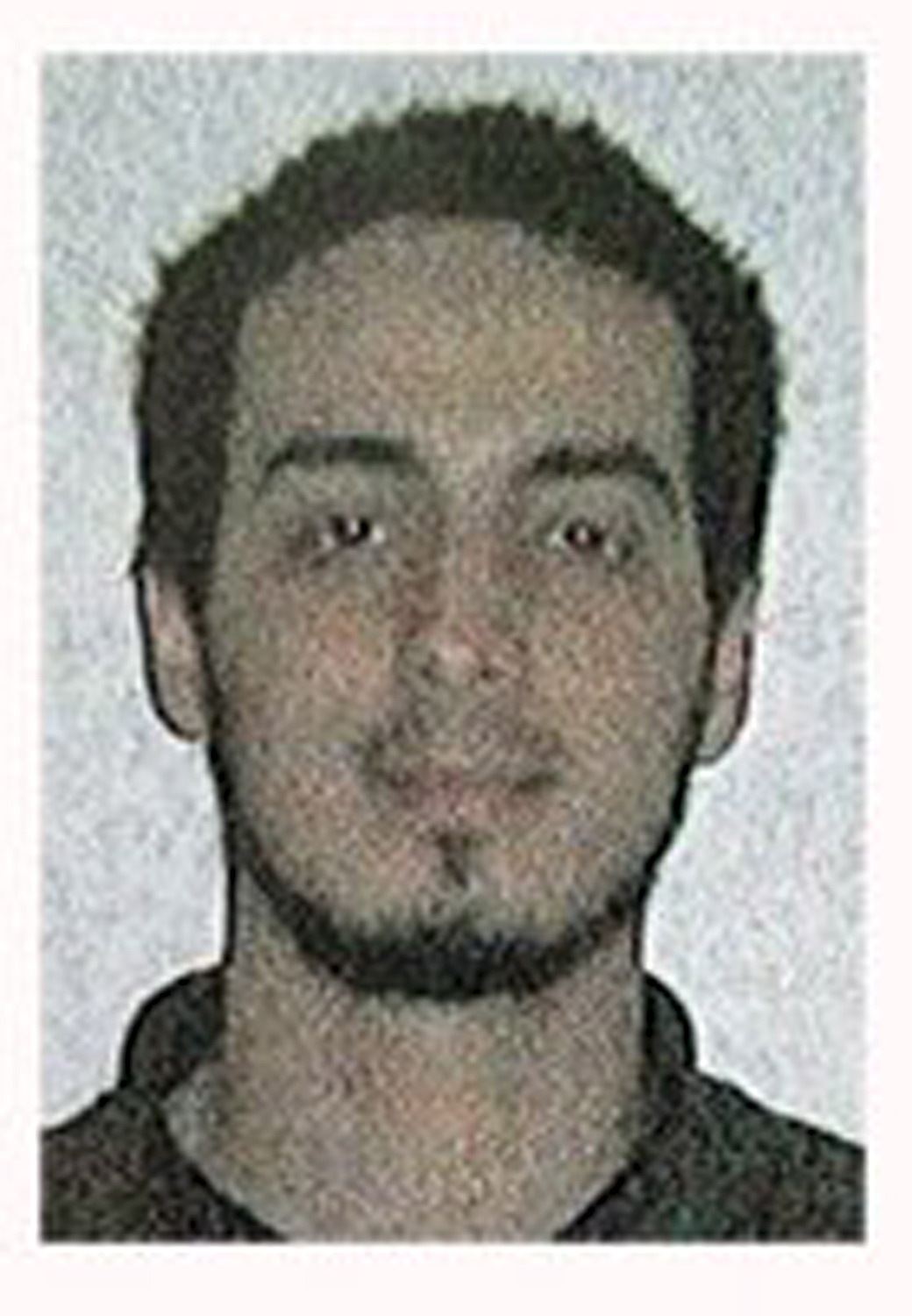
Laachraoui, also a Belgian citizen, detonated the second suicide vest at the Brussels airport. Prosecutors believe he travelled to Syria in 2013.
The April issue of Dabiq celebrates his participation in "several battles" against both the Assad regime and the Free Syrian Army. The propaganda outlet states he was wounded before spending several months preparing to travel "the long road to France to execute his mission."
Dabiq goes on to say that Laachraoui "prepared the explosives for the two raids in Paris and Brussels."
The fourth attacker was identified as Mohamed Abrini. He was captured alive and is believed to have helped Abdeslam escape Paris after the attacks there.
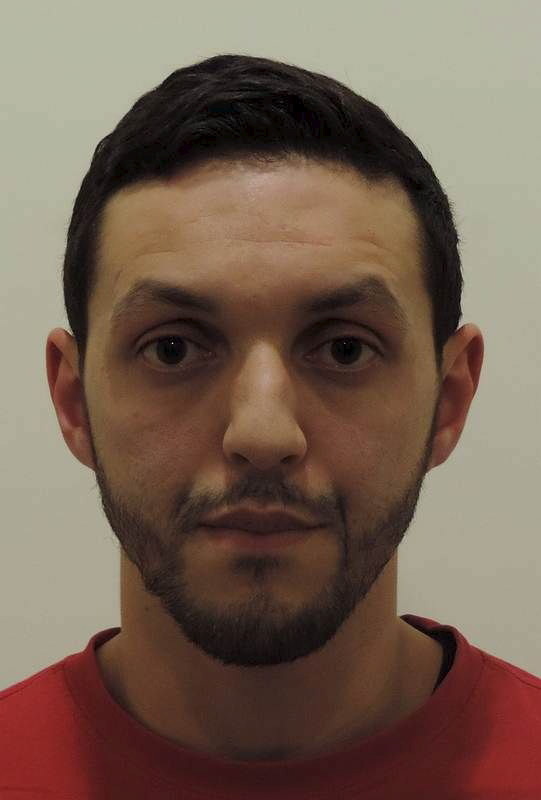
Prosecutors said Abrini, a Belgian citizen, confessed to having participated in the airport attack, saying he backed away from detonating his suicide vest at the last minute. He has been charged with "participation in the activities of a terrorist group and terrorist murders" and is awaiting trial.
Abrini grew up in the same Brussels neighborhood as Abdeslam. The pair, who are believed to have been childhood friends, was caught on camera at various points on the way from Paris to Belgium in the immediate aftermath of last year's attacks.
There have been reports of a fifth attacker, but prosecutors have not released an identity or possible fate.
In the aftermath of the attacks, local media reported that a fifth attacker could be seen in surveillance footage of the subway station.
Since then, the Belgian authorities have arrested five additional people in connection with the attacks. Two of those people, identified only as Smail F and Ibrahim F, have been charged with terrorism offenses. The other three have been released without being charged.
Another suspect was arrested in Brussels and charged in relation to the attacks in Paris and Belgium.
Belgian prosecutors said Wednesday that Osama Krayem had been arrested and charged with "terrorist murder and participation in the activities of a terrorist group," Reuters reported.
Krayem is believed to have been present in some of the safe houses in Brussels used by the cell in preparation for both attacks.

